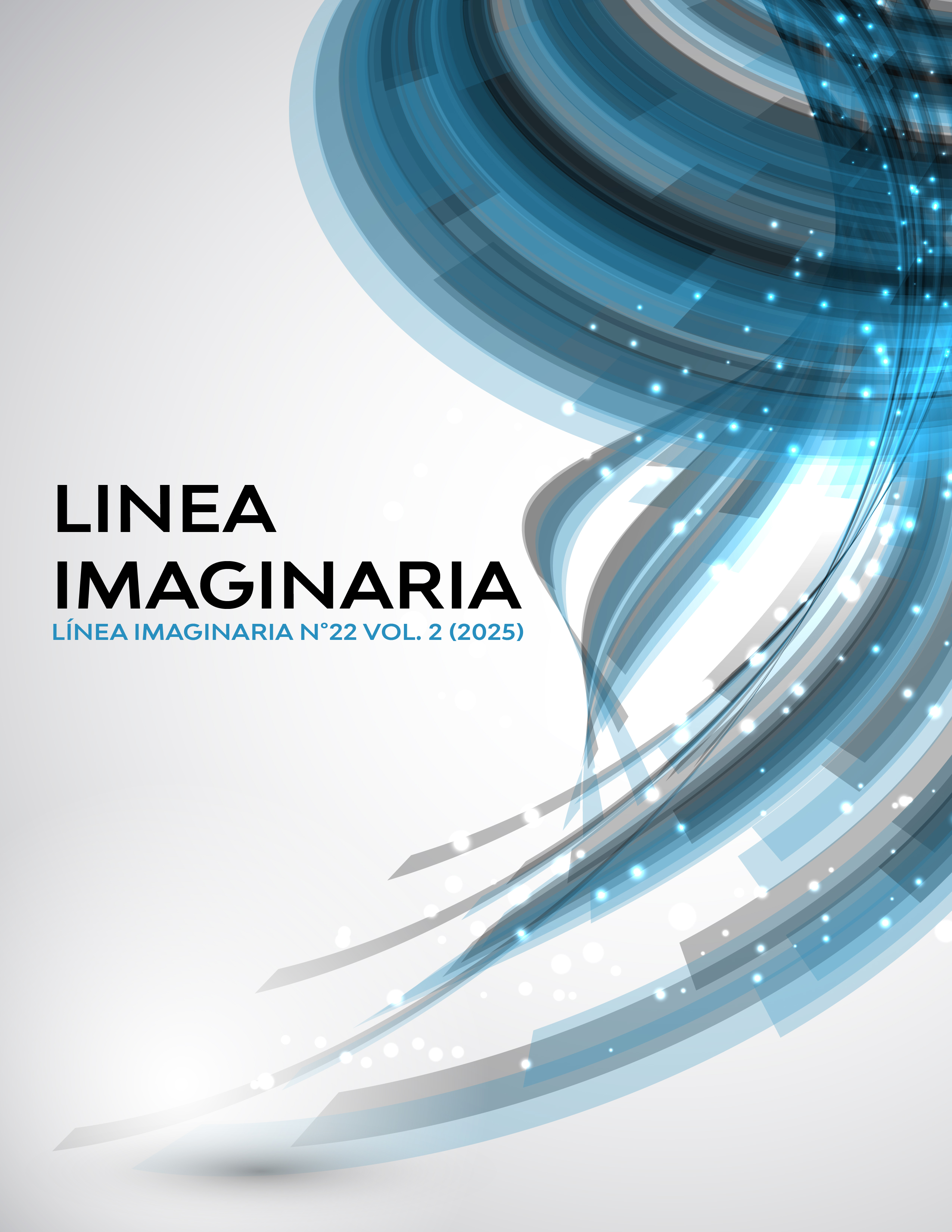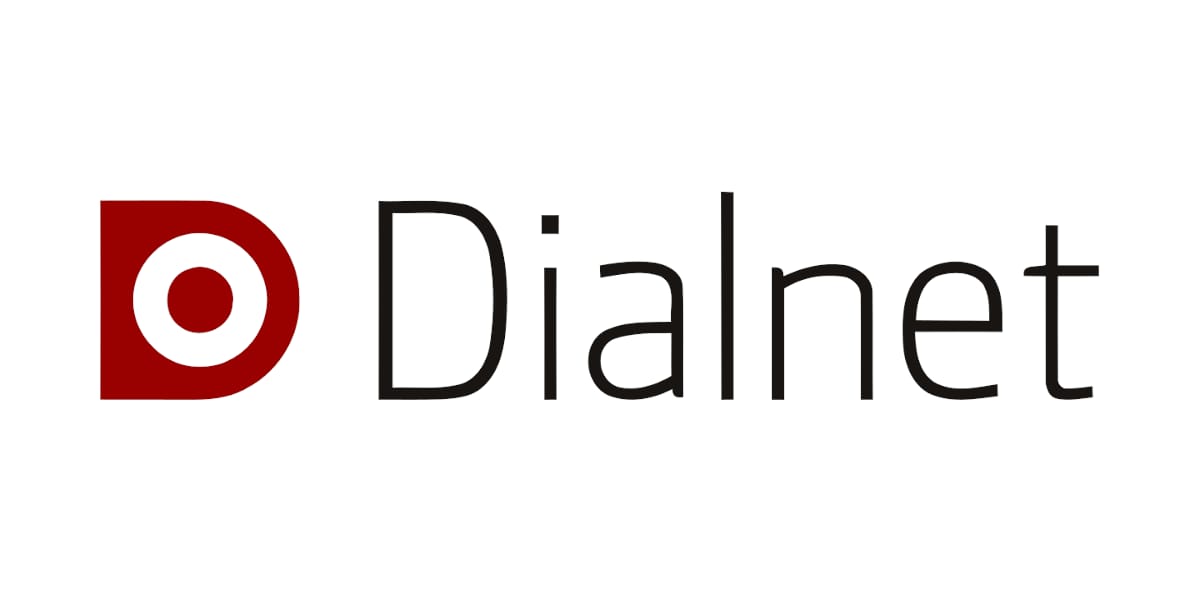EMERGENCY OF CRITICAL PEDAGOGIES IN LATIN AMERICA. READING FROM THE EDUCATIONAL WORK
DOI:
https://doi.org/10.56219/lneaimaginaria.v2i22.4512Keywords:
critical pedagogies, Latin America, reading, educational workAbstract
Talking about critical pedagogies implies understanding that they are new forms of teaching that have emerged from the tendency of critical thinking that is formulated in the group of students, from a counterhegemonic nature, where the appreciation of the pedagogical practices in a contextualized framework that allows the contextualization of knowledge, as a way of addressing the problems and needs of the space in which school training takes place. For this reason, the purpose of this argumentative essay-type article is to interpret the emergence of critical pedagogies in Latin America from the educational task, for this purpose, a documentary review process was carried out in which the qualitative approach is considered as a basis. , which allowed access to bibliographic sources that are essential in which it is determined as results that these pedagogies are multifaceted in nature, where in addition to incorporating philosophical elements, didactics is considered, and the adoption of theories and practices that bring together the ideological together to the pedagogical that have emerged as one of the aspects to fight against the alignment that traditional systems have generated. Within the conclusions, a process is evident that starts from the adoption of counterhegemonic pedagogical thinking, whose experiences are based on the popular culture of the people.
Downloads
References
Alvarado, N. (2020). Quehacer Docente desde la óptica de los intereses constitutivos del conocimiento, Red De Investigación Educativa, 12(2), 46-55. https://revistas.uclave.org/index.php/redine/article/view/2809/1756
Álvarez, M; y Jiménez, J. (2021). Resignificación del Currículo desde la Práctica Pedagógica en el contexto de la Educación Superior, Red De Investigación Educativa, 13(2), 52 – 64. https://revistas.uclave.org/index.php/redine/article/view/3322/2065
Baronnet, B. (2012). Autonomía y educación indígena. Las escuelas zapatistas de la Selva Lacandona de Chiapas, México. Quito: Abya Yala.
Berffusón, R.; Revilla, J. y Carrillo, C. (2010). “Aportes feministas a la educación”. En Revista Enseñanza e Investigación en Psicología, Vol. 15, N°2. Universidad Veracruzana de México
Bourdieu, P. (2000). Los usos sociales de la ciencia. Buenos Aires: Nueva Visión.
Bourdieu, P. (2012). La distinción. Criterio y bases sociales del gusto. Madrid: Taurus.
Cabaluz, F. (2015). “Trabajo Vivo y Comunidad de Vida. Contribuciones conceptuales de la Filosofía de la Liberación a las Pedagogías Críticas y la Educación más allá del Capital”. En Revista Actuel Marx / Intervenciones N°18
Cullen, C. (2004). Perfiles ético-políticos de la educación. Buenos Aires: Paidós.
Freire, P. (1990). La naturaleza política de la educación. Cultura, poder y liberación. Madrid: Paidós.
Freire, P. (2001). Pedagogía de la indignación. Madrid: Morata
Gadotti, M. (1996). Pedagogía de la praxis. Buenos Aires: Miño y Dávila Editores.
García, I. (2015). Los inicios de la Teología de la Liberación en su contexto latinoamericano” en Naveg@américa. Revista electrónica de la Asociación Española de Americanistas, N°15. Documento en Línea. Disponible en: http://revistas.um.es/navegamerica/article/view/240831
latinoamericana. Santiago de Chile, Chile: Ediciones Universidad Católica de Chile.
Mejía, M.R. (2013). Educaciones y Pedagogías Críticas del Sur (Cartografías de la Educación Popular). Santiago: Editorial Quimantú.
Méndez, C. (2004). Metodología de la investigación. Colombia. Ediciones Norma
Nervi, M. L. y Nervi, H. (2007). ¿Existe la pedagogía? Hacia la construcción del saber pedagógico. Santiago: Universitaria.
Pinto, R. (2008) El currículo crítico. Una pedagogía transformativa para la educación
Pinto, R. (2012). Principios filosóficos y epistemológicos del ser docente. San José: Coordinación Educativa y Cultural Centroamericana, CECC/SICA.
Puiggrós, A. (2005) De Simón Rodríguez a Paulo Freire. Educación para la Integración Iberoamericana. Bogotá, Colombia: Editorial Convenio Andrés Bello. Puiggrós, A. (2016) La educación popular en América Latina. Orígenes, polémicas y perspectivas. Buenos Aires, Argentina: Ediciones Colihue S.R.L.
Sacristán, J. (2007). El Currículo, una reflexión sobre la práctica. 9na edición. Madrid, España: Editorial Morata.
Downloads
Published
How to Cite
Issue
Section
License

This work is licensed under a Creative Commons Attribution-NonCommercial-ShareAlike 4.0 International License.
La revista Línea Imaginaria conserva los derechos patrimoniales (copyright) de las obras publicadas, que favorece y permite la reutilización de los mismos bajo la licencia Creative Commons Atribución-NoComercial-CompartirIgual 4.0 , por lo cual se pueden copiar, usar, difundir, transmitir y exponer públicamente, siempre que se cite la autoría y fuente original de su publicación (revista, editorial, URL y DOI de la obra), no se usen para fines comerciales u onerosos y se mencione la existencia y especificaciones de esta licencia de uso. Si remezcla, transforma o crea a partir del material, debe distribuir su contribución bajo la misma licencia del original.














